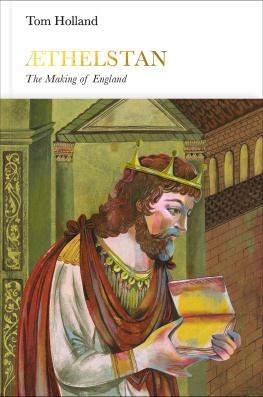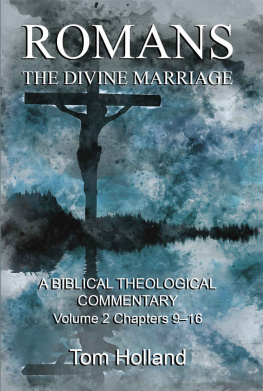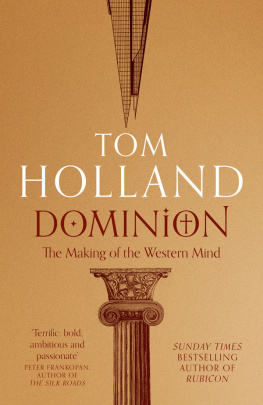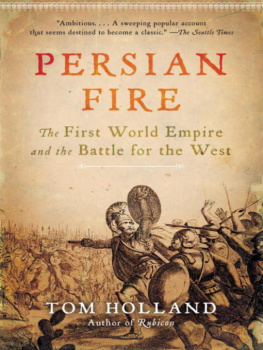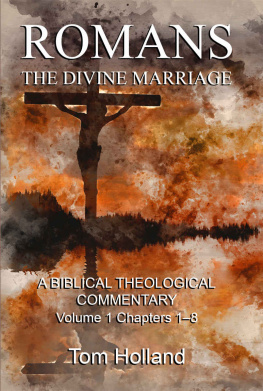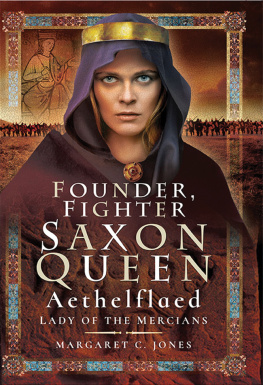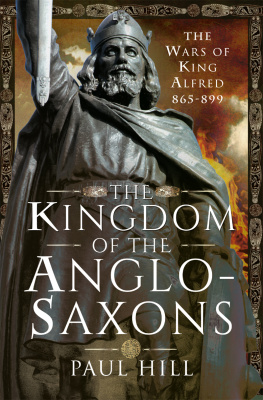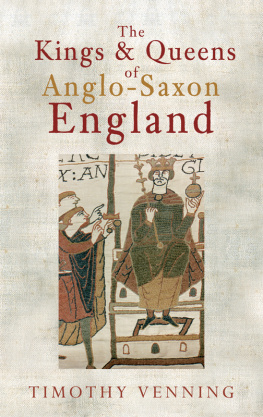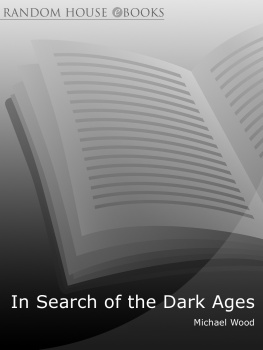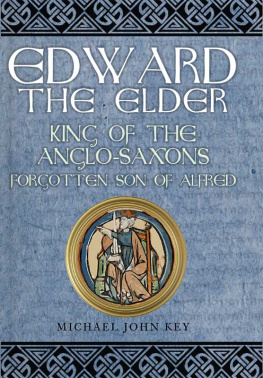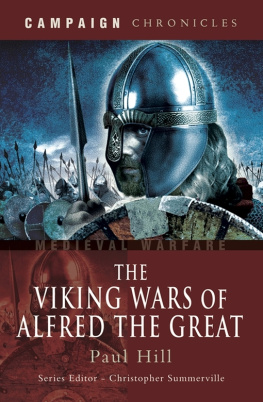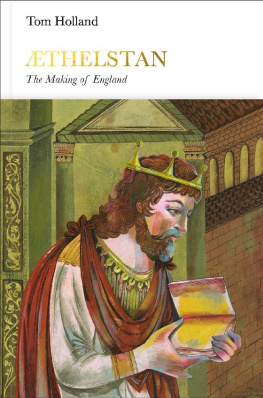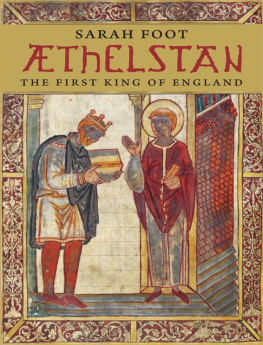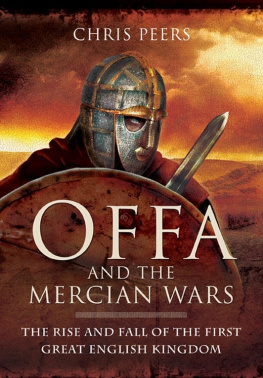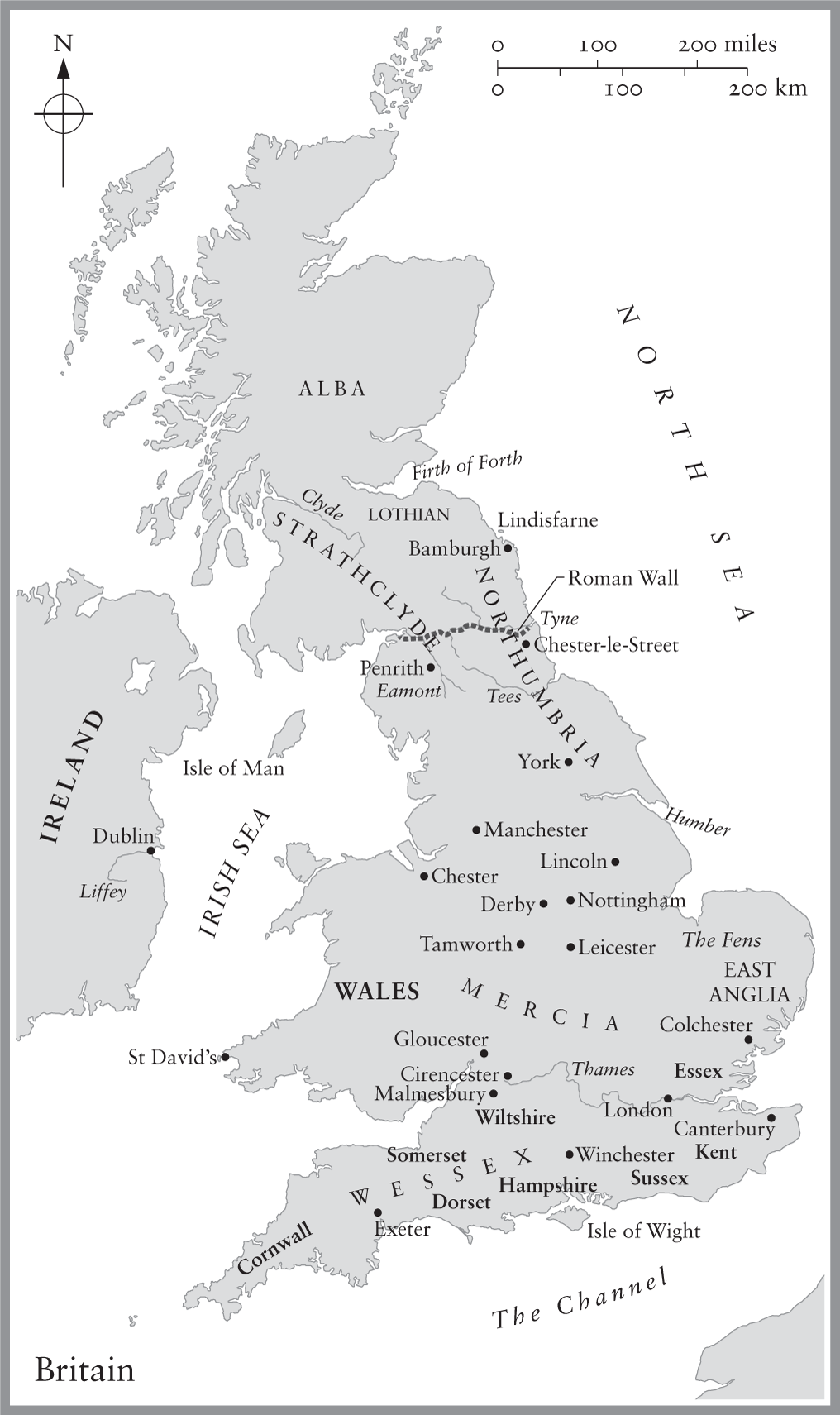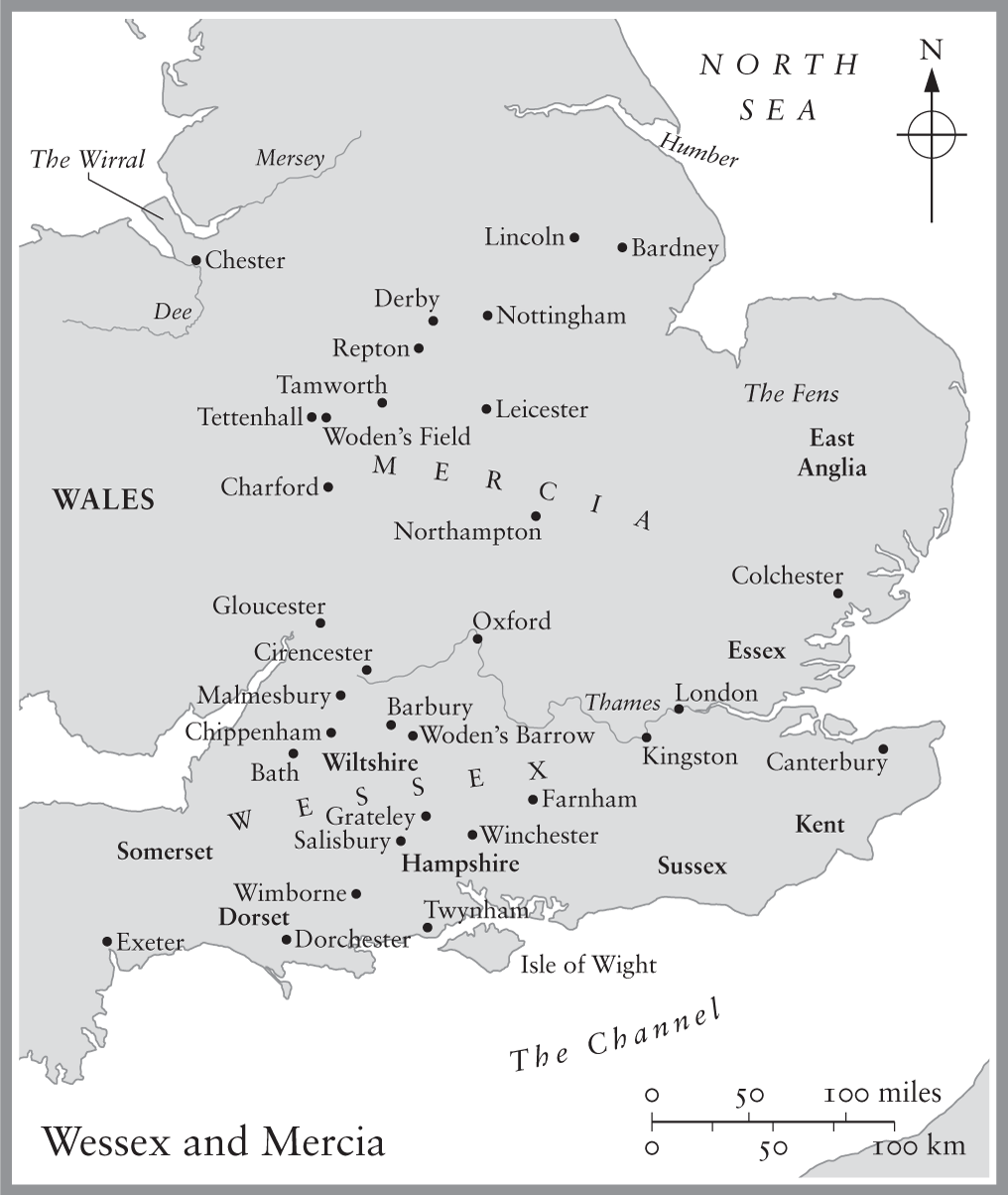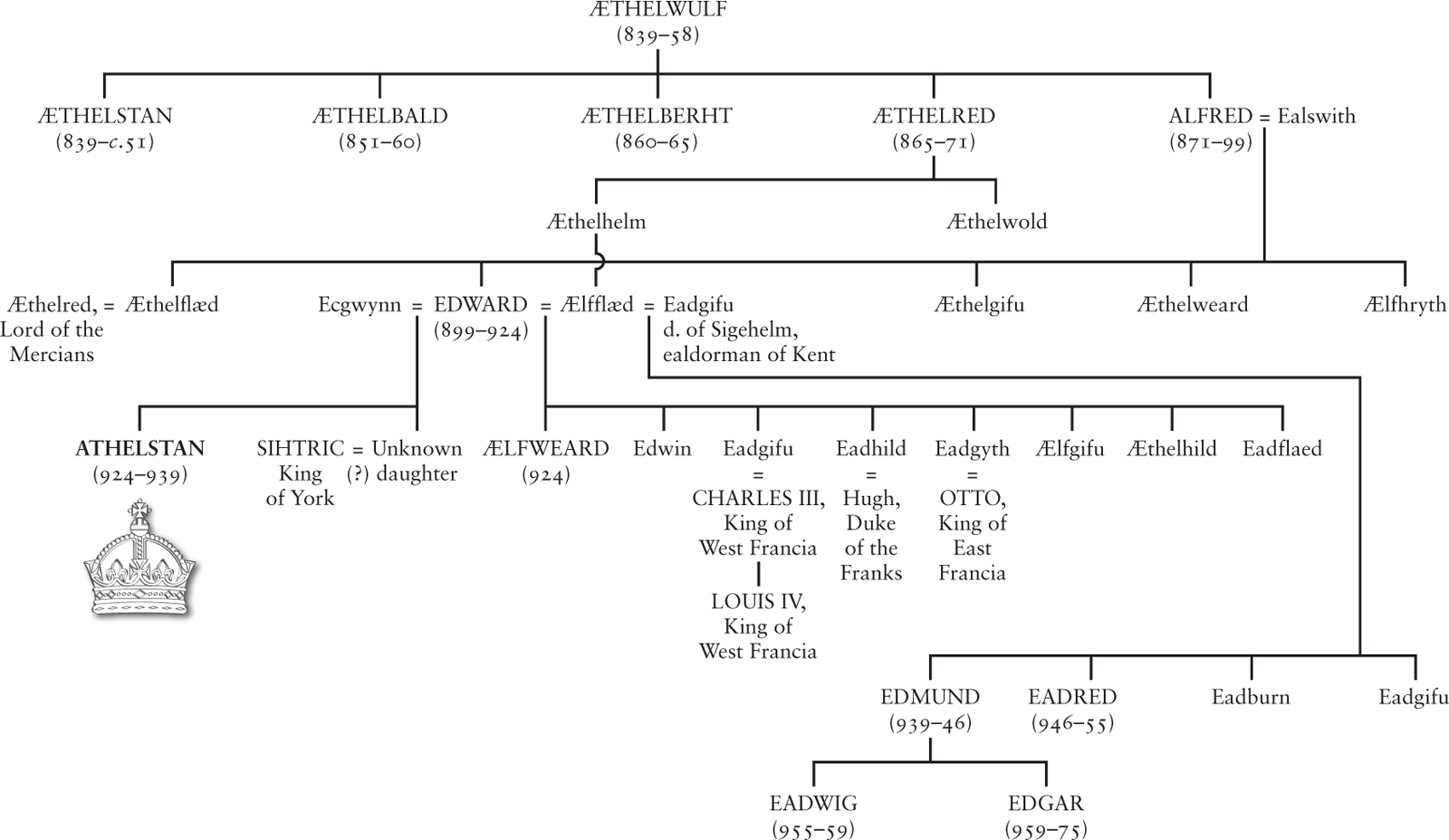Contents
Tom Holland
ATHELSTAN
The Making of England
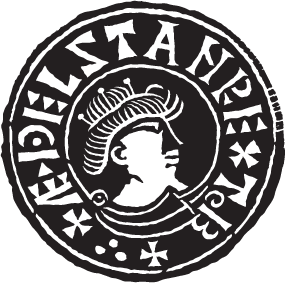
ALLEN LANE
UK | USA | Canada | Ireland | Australia
India | New Zealand | South Africa
Penguin Books is part of the Penguin Random House group of companies whose addresses can be found at global.penguinrandomhouse.com.
First published 2016
Copyright Tom Holland, 2016
Cover design by Pentagram
Cover art by Olaf Hajek
The moral right of the author has been asserted
ISBN: 978-0-241-18782-1
THE BEGINNING
Let the conversation begin
Follow the Penguin Twitter.com@penguinUKbooks
Keep up-to-date with all our stories YouTube.com/penguinbooks
Pin Penguin Books to your Pinterest
Like Penguin Books on Facebook.com/penguinbooks
Listen to Penguin at SoundCloud.com/penguin-books
Find out more about the author and
discover more stories like this at Penguin.co.uk
To Ned and Daisy, children of Wessex
Penguin Monarchs
THE HOUSES OF WESSEX AND DENMARK
| Athelstan | Tom Holland |
| Aethelred the Unready | Richard Abels |
| Cnut | Ryan Lavelle |
| Edward the Confessor | James Campbell |
THE HOUSES OF NORMANDY, BLOIS AND ANJOU
| William I | Marc Morris |
| William II | John Gillingham |
| Henry I | Edmund King |
| Stephen | Carl Watkins |
| Henry II | Richard Barber |
| Richard I | Thomas Asbridge |
| John | Nicholas Vincent |
THE HOUSE OF PLANTAGENET
| Henry III | Stephen Church |
| Edward I | Andy King |
| Edward II | Christopher Given-Wilson |
| Edward III | Jonathan Sumption |
| Richard II | Laura Ashe |
THE HOUSES OF LANCASTER AND YORK
| Henry IV | Catherine Nall |
| Henry V | Anne Curry |
| Henry VI | James Ross |
| Edward IV | A. J. Pollard |
| Edward V | Thomas Penn |
| Richard III | Rosemary Horrox |
THE HOUSE OF TUDOR
| Henry VII | Sean Cunningham |
| Henry VIII | John Guy |
| Edward VI | Stephen Alford |
| Mary I | John Edwards |
| Elizabeth I | Helen Castor |
THE HOUSE OF STUART
| James I | Thomas Cogswell |
| Charles I | Mark Kishlansky |
| [ Cromwell | David Horspool ] |
| Charles II | Clare Jackson |
| James II | David Womersley |
| William III & Mary II | Jonathan Keates |
| Anne | Richard Hewlings |
THE HOUSE OF HANOVER
| George I | Tim Blanning |
| George II | Norman Davies |
| George III | Amanda Foreman |
| George IV | Stella Tillyard |
| William IV | Roger Knight |
| Victoria | Jane Ridley |
THE HOUSES OF SAXE-COBURG & GOTHA AND WINDSOR
| Edward VII | Richard Davenport-Hines |
| George V | David Cannadine |
| Edward VIII | Piers Brendon |
| George VI | Philip Ziegler |
| Elizabeth II | Douglas Hurd |
Brunanburh
It
elstan cyning ldde fyrde to Brunanbyrig: Athelstan the king led the levy to Brunanburh. Then, in 927, Athelstan had ridden past the River Humber and entered York. Princes in the lands beyond the city, intimidated by the scope of his power, had scrabbled to acknowledge his authority. Never before had the grasp of a southern king reached so far. Wessex, Mercia and now Northumbria: all the peoples who spoke the conquerors own language, the whole way to the Firth of Forth, acknowledged Athelstan as their lord. In mark of this, he adopted a splendid and fateful new title, that of Rex Anglorum: King of the English. Athelstans horizons, though, were wider still. His ambitions were not content with the rule of the English alone. He aspired to be acknowledged as lord of the entire island: by the inhabitants of the various kingdoms of the Welsh, and by the Welsh-speaking Cumbrians of Strathclyde, whose kings held sway from the Clyde down to the Roman Wall, and by the Scots, who lived beyond the Forth in the highland realm of Alba. All had duly been obliged to bow their necks to him. In May 934, when Constantin, the King of the Scots, briefly attempted defiance, Athelstan led an army deep into Alba and put its heartlands to the torch. Constantin was quickly brought to heel. Humbly he acknowledged the invader as his overlord. When poets and chroniclers hailed Athelstan as rex totius Britanniae the king of the whole of Britain they were not indulging in idle flattery, but simply stating fact.
Britain, though, was not the world. The seas that washed the island were a menace as well as a moat. For a hundred years and more, they had borne on their tides war-fleets bristling with pirates from pagan lands. Scandinavia, a land so lost to cold and darkness that there was reportedly Its young men, hungry for land and contemptuous of the Christian faith, had found in the monasteries and kingdoms of Britain irresistibly rich pickings. Wicingas, their victims called them: robbers. Altars had been stripped bare of all their fittings, and kings bled of their treasure. Then, when there was nothing else left to take, the Wicingas the Vikings had moved in for the kill. In succession, the proud and venerable kingdoms of Northumbria and Mercia had been hewn to pieces. Only the resolution of Athelstans grandfather, a shrewd and indomitable warrior-king named Alfred, had prevented Wessex from succumbing to an identical fate. Gradually, inexorably, bloodily, the fight had been taken to the Vikings. Strongholds lost decades previously to native rule had been won back. Athelstans conquest of York, as well as securing him the sway of Northumbria, had also terminated its rule by a lengthy sequence of Viking potentates. Britain seemed buttressed at last against the predations of the heathen.

